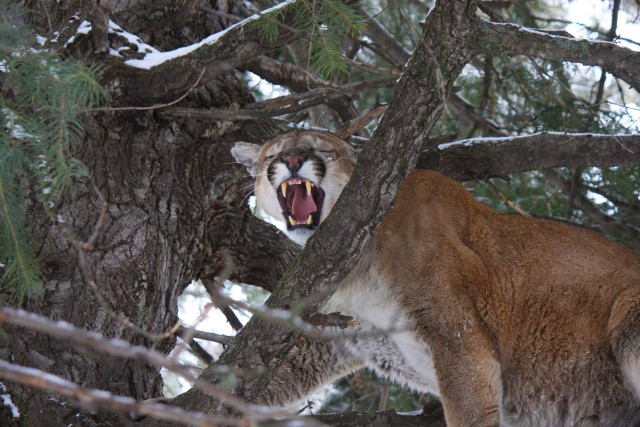Colorado is known for its diverse wildlife, including the majestic mountain lion. However, hunting these elusive predators is a controversial topic that raises questions about conservation and ethical practices. While hunting mountain lions is legal in Colorado, there are strict regulations in place to ensure the sustainability of the population.
Mountain lions, also known as cougars or pumas, are classified as a big game species in Colorado. This means that hunting them is regulated by the Colorado Parks and Wildlife (CPW) department. Hunters are required to obtain a special license and adhere to specific guidelines to participate in mountain lion hunting.
One of the main reasons for allowing mountain lion hunting in Colorado is to manage the population and minimize conflicts between humans and these predators. Mountain lions can pose a threat to livestock and pets, and hunting helps to control their numbers and reduce the risk of encounters with humans.
However, there are concerns about the impact of hunting on mountain lion populations. Conservationists argue that excessive hunting can lead to a decline in the population and disrupt the natural balance of the ecosystem. To address these concerns, CPW sets strict quotas and limits on the number of mountain lions that can be harvested each year.
In addition to population management, CPW also considers the ethical aspects of mountain lion hunting. Hunters are required to follow fair chase principles, which means they must give the animal a sporting chance and not use unfair or unethical methods to harvest the animal. This includes restrictions on using bait or dogs to track and kill mountain lions.
In conclusion, while hunting mountain lions is legal in Colorado, it is a highly regulated activity that is closely monitored by the CPW. By following strict guidelines and ethical practices, hunters can help maintain a healthy population of mountain lions while minimizing conflicts with humans. Ultimately, the goal is to ensure the sustainability of these magnificent predators for future generations to enjoy.
